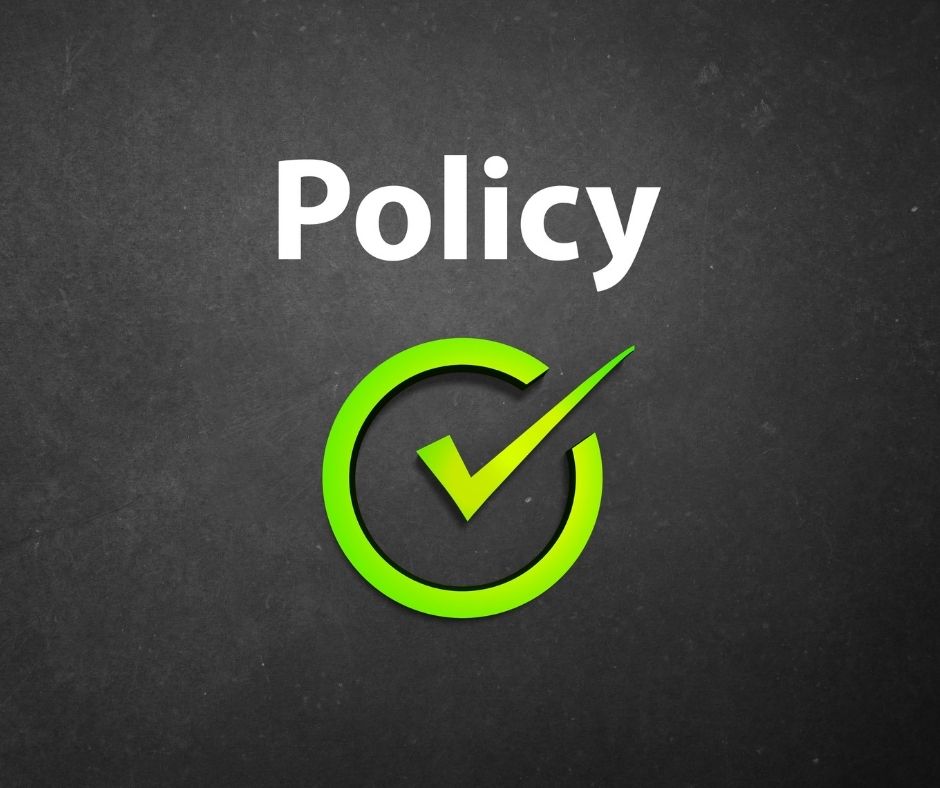does term life insurance have living benefits
nationwide living benefits term life insurance

Long-term care benefits. You can add a long-term benefit to your permanent policy to help pay for long-term healthcare expenses not covered by your health insurance. The amount you use for a long-term benefit reduces the death benefit. This is a precious benefit, especially considering that 70% of those turning 65 will require some long-term care in the next few years.
It is possible to add the living benefits rider later. There might be a waiting time during which you cannot receive living benefits. If you're eligible, you can apply and access your benefits once the waiting period is over.
A chronic illness rider
does term life insurance have living benefits


